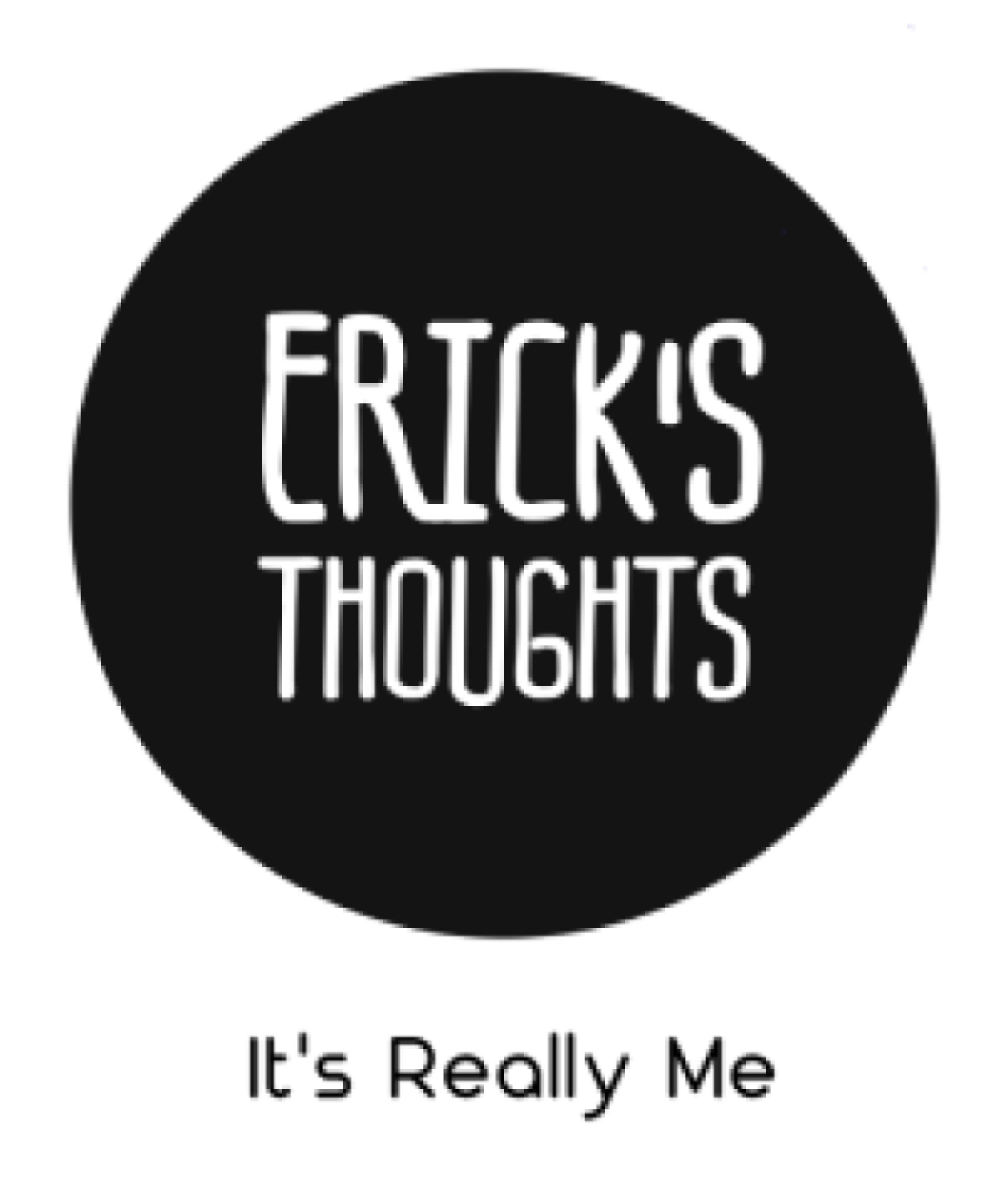You could say this is a follow up rant to Why Don’t I Free Myself. Actually kind of ironic. That post was about longing for freedom and acknowledging a bit at the end that through my decisions I am sort of free even if I don’t ‘know’ where I am going or exactly what I am doing. And now, I acknowledge more fully that I am free, but I don’t like the feelings I have been having. I recently read Man’s Search for Meaning by Viktor Frankl which I suppose was more the straw that broke this camel’s back than the instigator. I’m going to briefly explain his main idea so that I can compare it to a couple other schools of thought and through that provide context for my frustration.
The Technical Background
Frankl is a Holocaust survivor who was a prisoner at Auschwitz and other concentration camps during WWII. He was also a trained psychiatrist / science person well along in developing his theory of logotherapy before he was held captive. You can read the book, but basically his horrible experiences in the camps affirmed his view that the key to a person’s happiness is finding meaning in one’s life. Without meaning, we lose hope. In normal cases, we live existentially frustrated (which leads to follow on problems like modern day proneness to addiction). In more dire circumstances, we may lose the will to live and actually die.
Logotherapy is all about the meaning of a specific person’s life and helping them orient to that meaning so that they can lead a fulfilled life. It’s a therapeutic technique in the realm of psychotherapy. Psychotherapy is defined as the treatment of mental conditions by verbal communication and interaction. Frankl claims humans intrinsically long for meaning, and the rest of the theory is really just solving for how to deliver said meaning.
Frankl says there are three ways we can get meaning in life: (1) through achievement, (2) through experiences such as seeing nature / love for other humans, and (3) through proper attitude to unavoidable suffering. 1 and 2 are more proactive, and in a situation where life doesn’t let us ‘do things’ but instead hits us with bad stuff, still we are free to believe there is a cause for our suffering and find meaning in that. At first, I thought this was just a cheap rewrite of stoicism (focus on what you can control / your reactions to stuff), but technically it’s different. Stoicism is more focused on being virtuous as an ethical matter while logotherapy encourages this freedom to choose as a means to find meaning and become happier / mentally healthier.
There are other theories that claim our happiness results as a pursuit of things other than meaning. Sigmund Freud and Alfred Adler are the most famous. In Freud’s world our happiness comes from the pleasure of achieving our desires – he is known for dream analysis. His view is that every dream represents the fulfillment of a wish, on the surface based on experience of the prior day, but at the same time fulfilling a latent wish from deeper in the subconscious (The Interpretation of Dreams). We can be happy if we have sex with that one person or buy that really cool car. I came across Adler’s philosophy in the books The Courage to Be Disliked and The Courage to Be Happy. He generally thinks that early in life we see how much we really suck, and hating this, we are motivated to improve and overcome that sucky version of ourselves. So we are happy when we become stronger and gain power through learning skills and kicking bad habits. Like stoicism and even logotherapy, Adler advocates for a high sense of self-accountability, whereas at a high level Freud does view the individual as more of a victim to circumstance.
A couple of short notes. I agree that logotherapy is the best of the three in that it really focuses on the future, not the past. Doesn’t matter who you were or what happened before. In the future you can achieve, love, or suffer well so you have full potential of being happy. Meanwhile, Freud and Adler focus more on the past and needing to understand and heal our past woes first so that we can then be happy and fulfilled. This can be problematic if a person is not that capable of resolving their existing problems (but they may be more capable of orienting to the future). Personally, I like Adler’s doctrine as well for the most part. Freud’s is just too blunt and hedonistic for me (all about pleasure).
Erick's Complaint
So why am I upset? Well, I want to be happy. I read different stuff, not really in search of answers, more out of curiosity. At my pace, I edged up onto this idea that freedom is really important to me. That I am free to create meaning for myself in what is reasonably an arbitrary and meaningless environment. I hadn’t really gotten to figuring out where happiness stood in all this. So far so good. Now, here is someone guaranteeing me happiness. All I have to do is find / create / accept meaning as Frankl suggests, like it’s so easy. Okay. Let’s see. Well, I feel like I have suffered plenty, so ideally the rest of my happiness can mostly come from achievement and love. Right? I just keep thinking, when is life finally going to be easy? When will it all be figured out and there’s no need to stress about stuff because I’ve worked so hard to set up a stress-free system?
I know the answer is never. There is always going to be suffering and stress, even if most of my meaning can come from achievement and experience. Suffering is like a series of independent coin flips, it comes up heads or tails on its own, none of your feelings or past considered. So, I can’t be spared suffering. That kind of sucks, but I do think all my effort has some impact on changing the nature of my suffering and at least reducing the probability / delaying some harsher stuff so I’ll take that. Plus, I knew this way long ago, so it’s hard to be genuinely mad at this point.
As for love, I respect its presence in my life, but it’s not fully dependent on me. So, the ‘pleasurable’ path that I can fully be responsible for is achievement. This is the worst part. The task of identifying what my work should be and acting on it feels like too weighty a task to do alone. I don’t know enough. I’m too flawed. And I value my life so much. Why can’t I have some legitimate universal advice to guide me? Frankl says that in times past one could go to religious figures for guidance, but I don’t believe in god or supernatural forces in a strong enough way to matter. I’d like to ask other people, but I look around and it really feels like most people don’t know what they are doing. They are certainly doing, but why those things? They can’t tell me (will explain below). Even if they could, that’s them and I’m me. To be clear, I still want freedom, I just want to also make more enlightened decisions. I feel so in the dark. Frankl is here making it sound so simple, but if you really think about it, the foundation of his claim is sketchy – as noted in the more objective critique below.
One more part of the complaint. It just really eats at me that I want to understand so badly, and I can’t. It goes beyond an ego thing. On some level it really hurts. There’s nothing I want more. Montaigne had a line along the lines of someone wanting to find something out about the sun so badly they flew up to it and died. It makes us ask ourselves – what do we want that badly? Almost always I’d say it’s stupid to die like that, but this one gets me thinking. My post The New Frontier was me acknowledging it’s hopeless and I need to move on from this wish. I think I got my hopes up with this logotherapy stuff, but ultimately it’s just as useless as any other system. Just as full of question marks and void of truth. That’s disappointing. And it makes me mad too (at no one in particular) because I already know today there are some things I’d like to be doing more of (like writing) – but there isn’t a way for me to feel more sure that I’m screwing up by not making changes faster than I am. So I largely stay the same, because I kinda like how my life is now. You see? Someone please help…but it’s an impossible request, hence a call to no one.
Erick's Critique
While I believe suffering can be beneficial for growth, I think Frankl uses it as a crutch / catch-all in his system to guarantee that everyone can find meaning and hence be happy. More so than achievement, happiness from suffering seems like a stretch. It’s one of those things where believing that it makes you happy may indeed make you happy, but you are unable to prove that it resulted from a property of discovering your life’s meaning and not just because psychology works that way and we collectively tricked ourselves to agree we are happy. That being said, I still promote happiness, even if it’s based on potentially fake claims, because the happiness itself will be genuine. My problem here is with the theory, not happiness.
The problem with logotherapy is inherent in knowledge itself. Let’s focus on achievement. The theory presupposes you can accurately identify and know your life’s meaning. But we can’t know that! You can’t be certain of the specific achievement you are meant to do (similar logic applies to love and suffering actually). You can feel like it’s your life’s meaning, but you won’t know. Life’s meaning isn’t something we can know by experience literally speaking the way you see a table is in front of you. It’s also not an isolated thing that is true by definition (analytic) so we can’t come to know it through deductive reasoning. In the philosophical sense it’s a synthetic claim that needs to be verified. The only accurate way to verify this claim is through induction, meaning backing it up with lots of examples and reasoning based on our experience. We will progressively feel more sure we found our meaning, but there is still the possibility to be proved wrong. Suppose I am convinced beyond doubt that my life’s meaning is to wash cars. After every car I wash I feel more sure. And no one I know does something I would rather do. Then one day I tell a joke and I realize I actually find that more fulfilling. Well, the only thing I know for certain is that washing cars is not my life’s meaning, but I don’t know that telling jokes is my life’s meaning. I don’t want my life to be something I ‘may’ be right about (but it seems that’s the best I can do).
Actually, for all intents and purposes, one can argue that induction is ‘close enough’. The ‘I know it when I see it’ heuristic. I don’t have to be able to prove it fully because it’s obvious that it’s right. Is it actually obvious? I’m skeptical. Everything we know is ultimately a consequence of our arbitrary set of life experiences (see Learn Through Thought AND Action). Well, then it’s not my meaning, it’s the meaning that happened to result from the choices I made, before I knew I was making choices to create my life’s meaning. So my life’s meaning is an accident! I don’t like that. I’m not going to keep going down this rabbit hole, but it’s possible to consider if our true life’s meaning is already encoded in our DNA – the unique thing about us that concretely exists. Perhaps certain experiences and learning gets us to a point where we trigger acknowledgment of that meaning, and then perhaps we can indeed know it when we see it.
In any case, I find that Frankl’s system of logotherapy is not rigorous enough. It’s presented as a solution, but really it’s just a plausible, practically helpful, and maybe also inspirational framework. I see a lot of pluses, but still we must continue to wrestle with the ambiguity of the universe. As for my meaning, maybe writing is my car to wash. Maybe it’s not, but for now it is what I have. So, I’ll keep on calling to no one.



